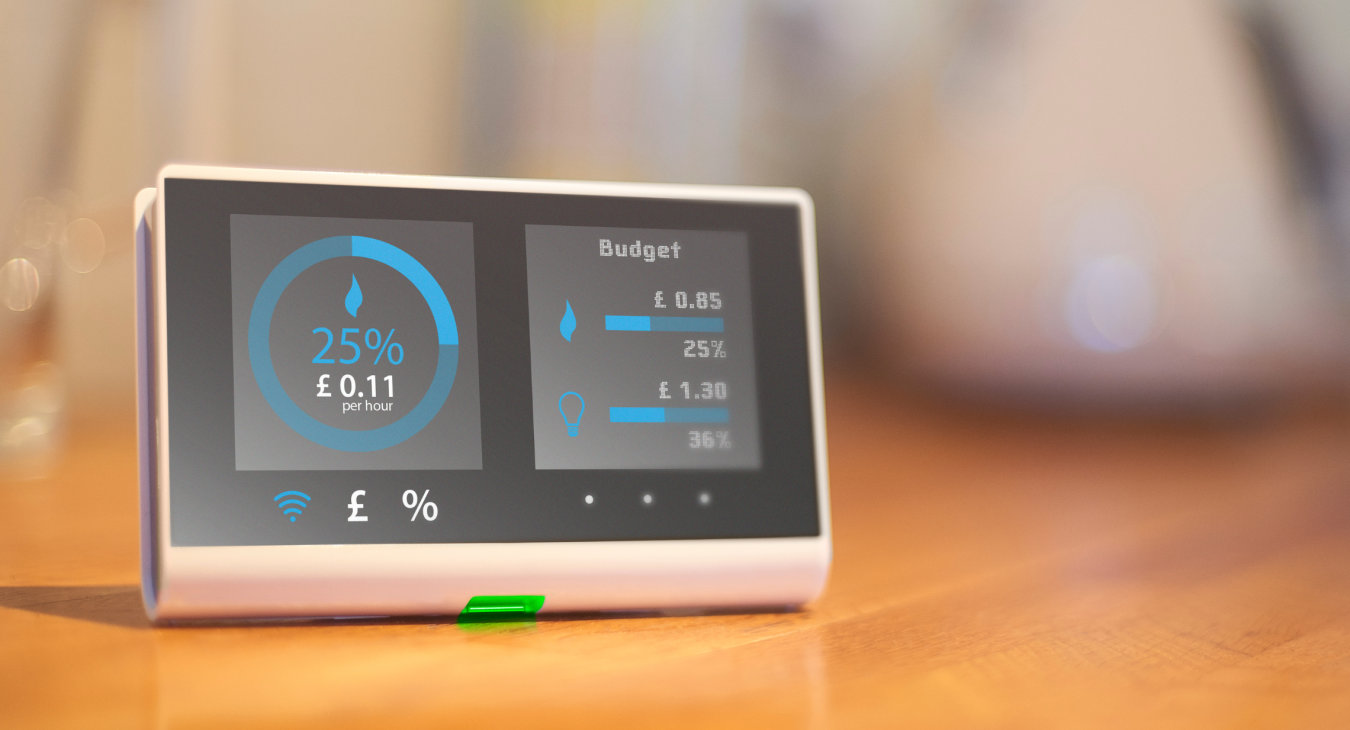
As we spend more time at home during the winter, particularly if you work from home, it’s very tempting to crank up the heating, take long showers and keep those cuppas going.
But with the cost of living and household bills sky-rocketing (and set to rise further), we’re all looking for ways to keep costs down.
Here are a few things you can do to reduce your electricity bill (and carbon footprint) this winter:
Use appliances more energy efficiently
Run your washing machine on a 30-degree cycle on a full load and if possible, reduce your usage to once per week.
Only run your dishwasher when its full and use drying racks or dry washing outside to reduce tumble dryer usage.
By only boiling the kettle with the water that you need, you can save £13 per year.
Unplug appliances
Switch off appliances and unplug them completely when you’re not using them. Did you know that you can save around £65 per year by switching off standby mode?
Desktop computers, televisions, microwaves and game consoles all drain high levels of energy if left on standby.
Replace old appliances
Older appliances such as fridges and washing machines can guzzle electricity. Depending on size, under the new October 2022 electricity unit rates, washing machine running costs can vary from £31 to £115 per year. By switching to more energy-efficient models, you can cut your bills significantly.
Use LED bulbs
Lighting makes up 11% of the average UK home’s energy consumption. Turning off all the lights when you leave a room can save you around £25 per year and even more if you switch to energy-efficient LED bulbs.
LED bulbs use nearly 90% less energy than traditional incandescents and by switching to LED, you can save up to £15 per year for each bulb. In addition to paying for themselves through energy saving, they also last much longer than traditional bulbs, saving you a lot in the long term.
We can help you make the switch to LED. Please contact us for support with lighting installations.
Control appliances and lighting remotely
If you have smart plugs, you can program lights and devices to switch them on and off remotely from an app. This way they’re only being used when you need them and they won’t be left on whilst you’re away.
Use electric heaters sparingly
Electric heaters are a good way to heat up a room you’re in without turning on the central heating. However, they should be used sparingly because electricity is pricier than gas per hour and some heaters don’t have very effective thermostats.
Use smart thermostats
Just as you can control lights and appliances remotely, a smart thermostat allows you to control the heating whilst you’re not at home. You can set it to heat your home just before your arrival and coupled with smart thermostatic radiator valves, you can control which rooms are heated.
Some can even adjust their settings to align with the weather forecast or fit with your routine.
Insulation and draft-proofing
Reduce your electricity bill in winter by making sure your home is well insulated. Check that heat isn’t escaping through the walls around utilities and outlets. By insulating your loft, you can contain the heat more efficiently.
Doors and windows can allow a significant amount of heat to escape, particularly if you have gaps between the bottom of doors and the frame. Draft-proof your doors and windows by installing weatherstripping and using draft excluders to prevent heat escaping.
Whether you’re a homeowner or renter, just by making a few changes here and there, you can cut your electricity costs considerably.
Get a smart meter
A smart meter or energy monitor will show you how much gas and electricity you’re using and the cost which will help you to reduce your spending. Smart meters will also send readings to your energy provider so you won’t have to do them manually. You can ask your provider for a free smart meter.
We provide a range of electrical services, including upgrading systems and repair and maintenance, which could save you money on your bills. Contact us for a free, no-obligation quote.

